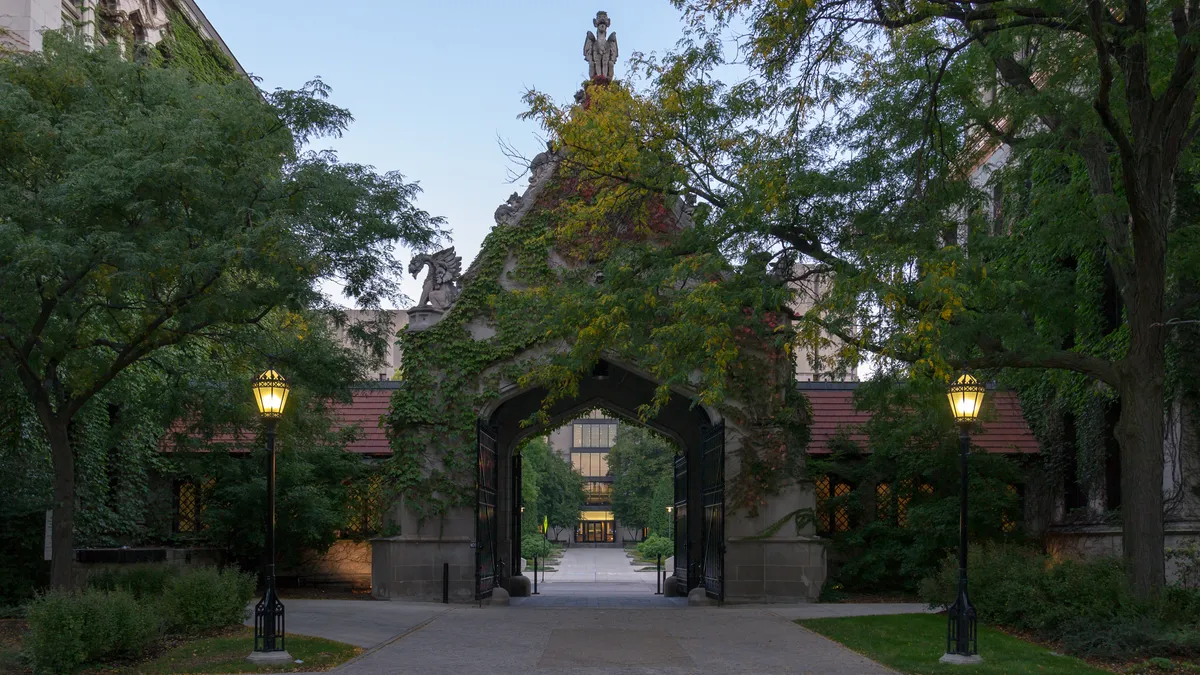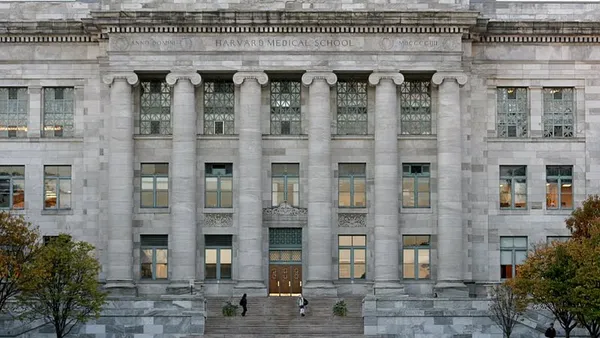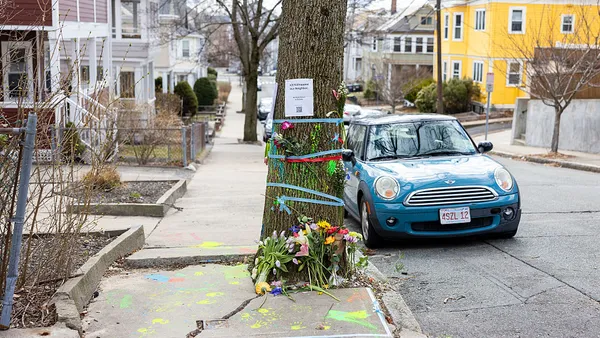Dive Brief:
- The University of Chicago will pay $13.5 million to settle claims it conspired with other wealthy colleges to price-fix its financial aid packages, driving up the cost of college, according to court documents.
- The institution, which did not admit wrongdoing as part of the settlement, is the first of the 17 institutions named in the class-action lawsuit to settle. The case was brought by students and graduates of the colleges and their family members.
- In addition to the payment, UChicago will share data and information on its financial aid practices with the plaintiffs and coordinate a witness interview with its previous director of college aid. The information is expected to help the case against the remaining 16 universities, which have not settled, the plaintiffs' legal team said Monday.
Dive Insight:
In early 2022, students and alumni filed an antitrust lawsuit, Henry, et al. v. Brown University, et al., alleging that more than a dozen top-ranked colleges illegally colluded to lower the amount of financial assistance they offered. The defendant institutions were all at one time members of the since-shuttered 568 Presidents Group, whose member colleges coordinated their financial policies.
The group was named after section 568 of the Improving America’s Schools Act of 1994, which allows colleges to work together when determining their financial aid formulas if they practice need-blind admissions — meaning they do not consider applicants’ ability to pay during admissions decisions.
But the plaintiffs in the lawsuit alleged the group's members were not truly need-blind and conspired to cut competition by using a shared financial aid methodology. This led to higher college costs for students, they said.
The institutions named in the lawsuit include:
- Brown University, in Rhode Island.
- California Institute of Technology.
- The University of Chicago.
- Columbia University, in New York.
- Cornell University, in New York.
- Dartmouth College, in New Hampshire.
- Duke University, in North Carolina.
- Emory University, in Georgia.
- Georgetown University, in Washington, D.C.
- Johns Hopkins University, in Maryland.
- The Massachusetts Institute of Technology.
- The University of Notre Dame, in Indiana.
- Northwestern University, in Illinois.
- The University of Pennsylvania.
- Rice University, in Texas.
- Vanderbilt University, in Tennessee.
- Yale University, in Connecticut.
The defendants jointly asked the judge to dismiss the lawsuit, arguing their actions were covered by Section 568.
But in July 2022, the U.S. Department of Justice weighed in on the case, challenging some of the colleges’ arguments. A federal judge allowed the lawsuit to continue against all named colleges the following month.
Eric Cramer, a lead attorney for the plaintiffs, lauded the settlement Monday.
“This case will serve as an important reminder that the antitrust laws are a critical source of protection against exploitation by cartels and monopolies for all citizens, including students," Cramer said in a statement. "Because universities play such an important role in our society, it is all the more important that they avoid collusion in the provision of financial aid and in the setting of their prices.”
The University of Chicago, however, issued a different viewpoint.
"The University believes the plaintiffs’ claims are without merit," it said in a statement. "We look forward to putting this matter behind us and continuing to focus our efforts on expanding access to a transformative undergraduate education.”















